A novel flexible textile-based cathode with a unique triple-phased structure is presented, that shows improved non-competitive transport properties.
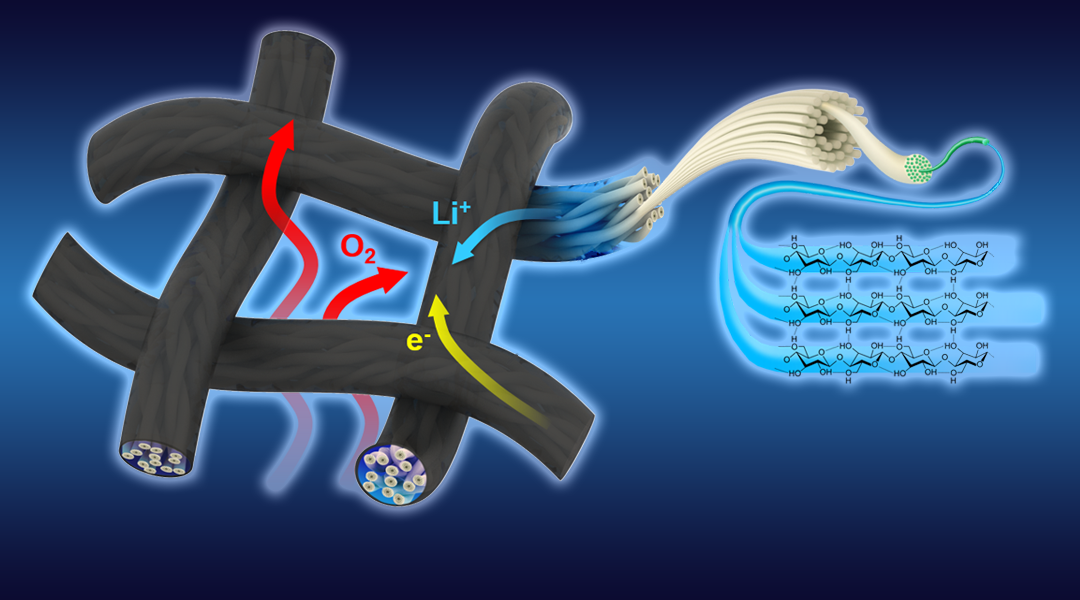

A novel flexible textile-based cathode with a unique triple-phased structure is presented, that shows improved non-competitive transport properties.

A hybrid thermochromic window coating with excellent visible transmittance and thermochromic performance at room temperature, opens new directions in plasmonic coatings.
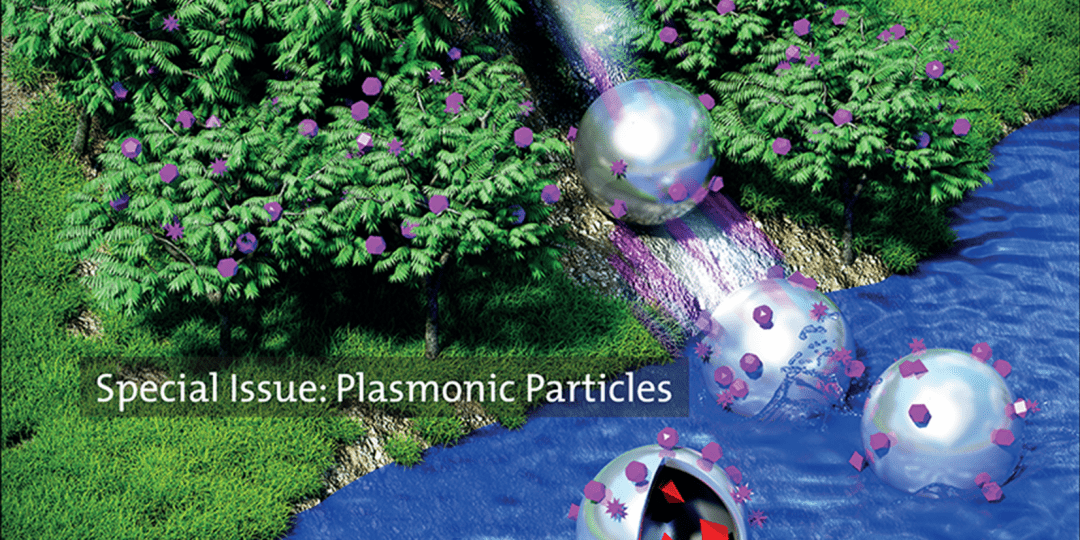
Guest editors Yugang Sun and Zhiyong Tang outline current research directions in the field of plasmonic particles.
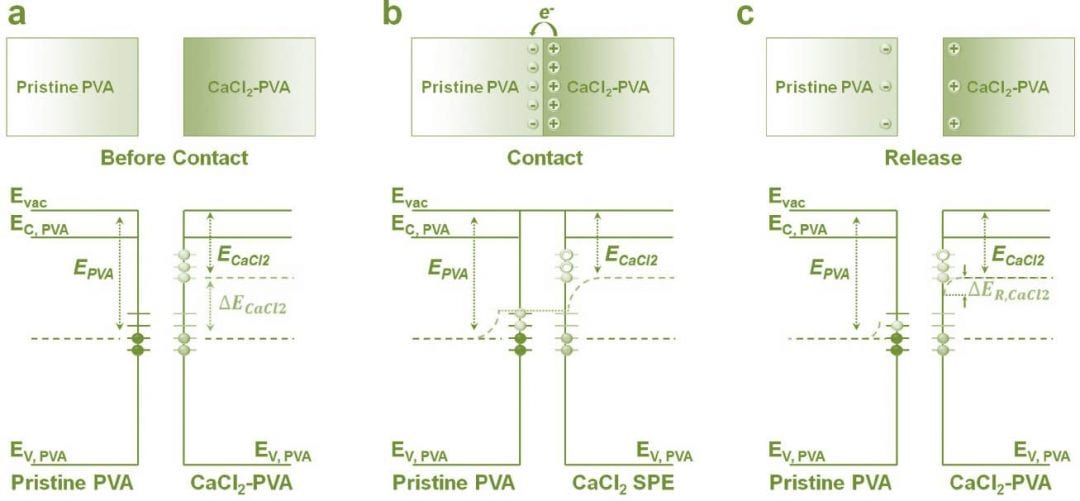
Triboelectric nanogenerators are an exciting frontier in small-scale applications, converting low-frequency mechanical energy into an alternating current.

To address climate change, we need to reduce net anthropogenic greenhouse gas (GHG) emissions to zero as soon as possible; that is, hopefully by 2050 or so.

Prof. Elizabeth Biddinger talks about her recent article on copper-based catalysts for carbon dioxide electroreduction, which brings new insights towards the renewable conversion of carbon dioxide, a well-known greenhouse gas, into green fuels and chemicals.
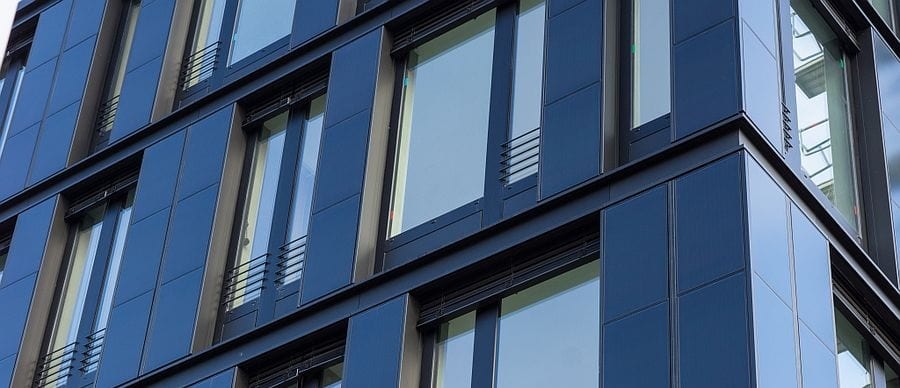
The Centre for Solar Energy and Hydrogen Research Baden-Württemberg (ZSW) and its industry partner Manz achieved a breakthrough on the Chinese market.
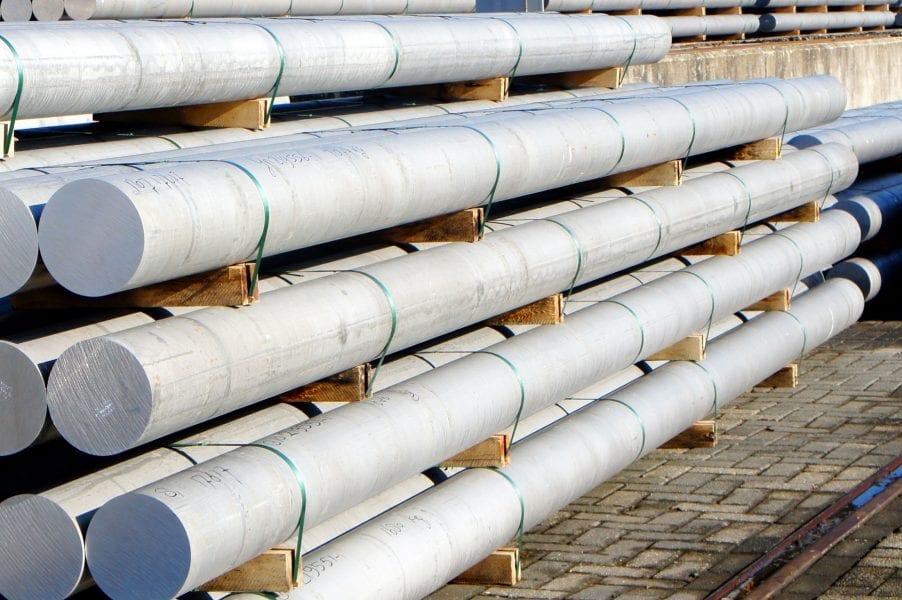
With the virtual battery Trimet has made the energy-intensive electrolysis process for the aluminum production more flexible enabling the use of renewable energy.
The showcase presents a free-to-read selection of physica status solidi articles published in 2016/17. The focus of this year's edition is on the 10th anniversary of - pss (RRL) Rapid Research Letters. Happy reading! Editorial Sabine Bahrs, Nadezda Panarina,...

A very simple and general method for introducing nitrogen defects into the 2D structure of graphitic carbon nitride.